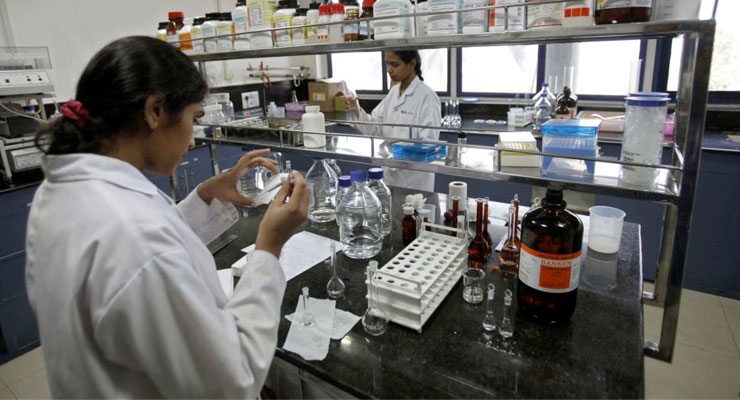Covid-19: Why India doesn’t need to worry about investor-State dispute settlement claims

Hindustan Times - 01 April 2020
Covid-19: Why India doesn’t need to worry about investor-State dispute settlement claims
By Prabhash Ranjan
The Indian executive, however, must remain conscious of such a possibility and ensure that their emergency regulatory actions are not arbitrary, discriminatory or disproportionate, and are adopted in good faith following due process.
In order to halt the spread of the coronavirus pandemic (Covid-19) and to boost the public health care system and preparedness, India has taken several regulatory steps. For instance, the government has banned the export of 26 active pharmaceutical ingredients and announced a 21-day nationwide lockdown. If the situation does not improve, the government might be constrained to take other regulatory measures such as ordering several manufacturers to let their production facility be used for producing ventilators or personal protective equipment (PPE) for health workers; issuing compulsory licenses for certain drugs made by foreign pharmaceutical companies; or even nationalising some of the industries for a limited duration.
All these regulatory measures will disrupt supply chains, interfere in the contractual rights and may also restrict the property rights of foreign investors. When the dust settles, some apprehend, that foreign investors may bring claims against India for these regulatory measures, alleging the breach of different bilateral investment treaties (BITs). Investors would rely upon the Investor-State Dispute Settlement (ISDS) provisions in these BITs to bring these claims. Although India has unilaterally terminated several BITs, these treaties continue to bind the country due to the survival clause for the investment made before the termination.
In case such ISDS claims are brought, India should be able to defend its regulatory measures for the following reasons.
First, several Indian BITs allow the host State to deviate from the treaty obligations in situations of “extreme emergency”. Covid-19 has been declared a global pandemic and has already killed 25,000 people globally. Thus, the current situation falls in the category of “extreme emergency”. Furthermore, some Indian BITs specifically allow the host State to adopt measures for the protection of public health. India can use this provision to justify its Covid-19 regulatory measures.
India will have to show that these measures were necessary to achieve the objective of public health. So, if the 21-day nationwide lockdown is challenged, to pass the necessity test, India will have to prove that the lockdown had a rational connection or a causal link with stopping the pandemic from spreading; and that there was no other less restrictive alternative measure reasonably available to achieve the objective.
Since “social distancing” and “isolation” have been recognised globally as an effective and essential method to combat Covid-19, it will not be difficult for India to prove that the lockdown was necessary. In some situations, there may be an additional requirement to prove that the regulatory measure adopted was not excessive or disproportionate. Thus, India will have to show that the benefits of the 21-day lockdown or any other regulatory measures adopted to combat the pandemic outweigh the costs that these measures impose on foreign investment.
Second, in case a claim of indirect expropriation is brought, India can make an arguable case that the measures adopted to combat the pandemic are a part of the State’s police powers. Many ISDS tribunals have held that states do not violate their BIT obligations when they act in the exercise of their police powers. For instance, in a case known as Philip Morris v Uruguay, the tribunal held that “[the] State’s reasonable bona fide exercise of police powers in such matters as the maintenance of public order, health or morality, excludes compensation even when it causes economic damage to an investor and that measures taken for that purpose should not be considered expropriatory.” Thus, India can argue that the 21-day lockdown or other regulatory measures are part of a bona fide exercise of India’s police powers to achieve an important health objective. In any case, indirect expropriation means substantial or total deprivation of investment, which none of these measures would cause.
Third, the ISDS tribunals grant a margin of appreciation to host states while judging their regulatory measures on public health, environment, national security etc. As it was held by the Philip Morris tribunal, “the responsibility for public health measures rests with the government and investment tribunals should pay great deference to governmental judgments of national needs in matters such as the protection of public health”. Thus, expectedly, an ISDS tribunal shall be deferential to the Indian State in judging its Covid-19-related regulatory measures, especially given the severity and the scale of the disease.
India need not worry about the ISDS claims in its fight against Covid-19. Still, it is important that the Indian executive – central and state governments - remain conscious of such a possibility and ensure that their actions are not arbitrary, discriminatory or disproportionate, and are adopted in good faith following due process.





